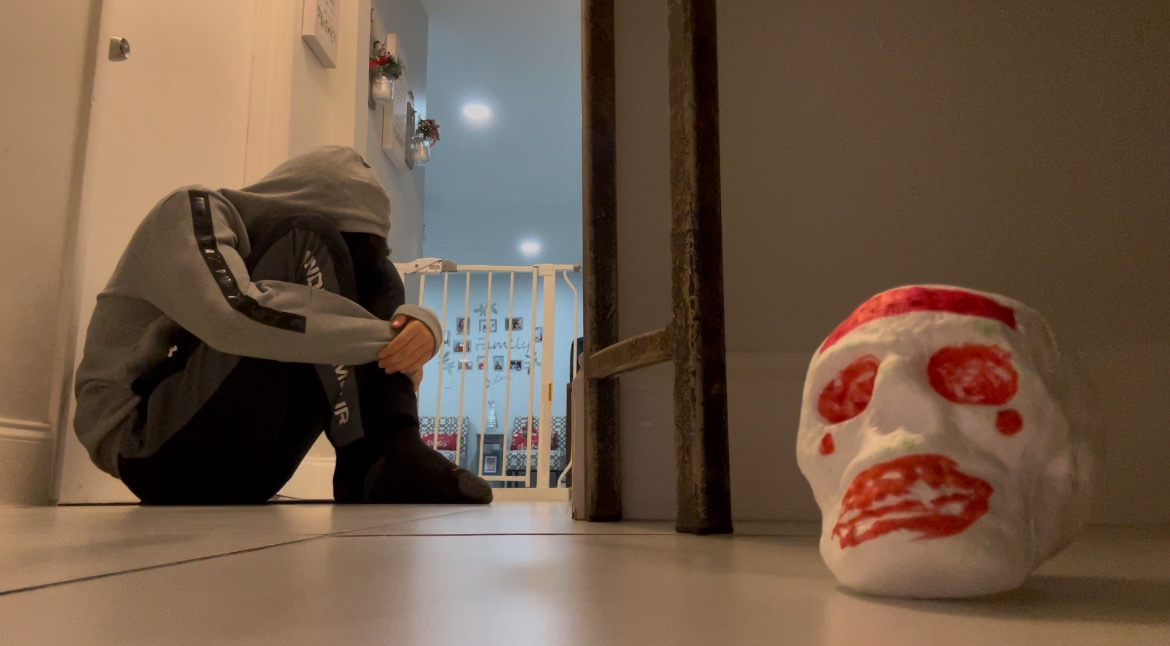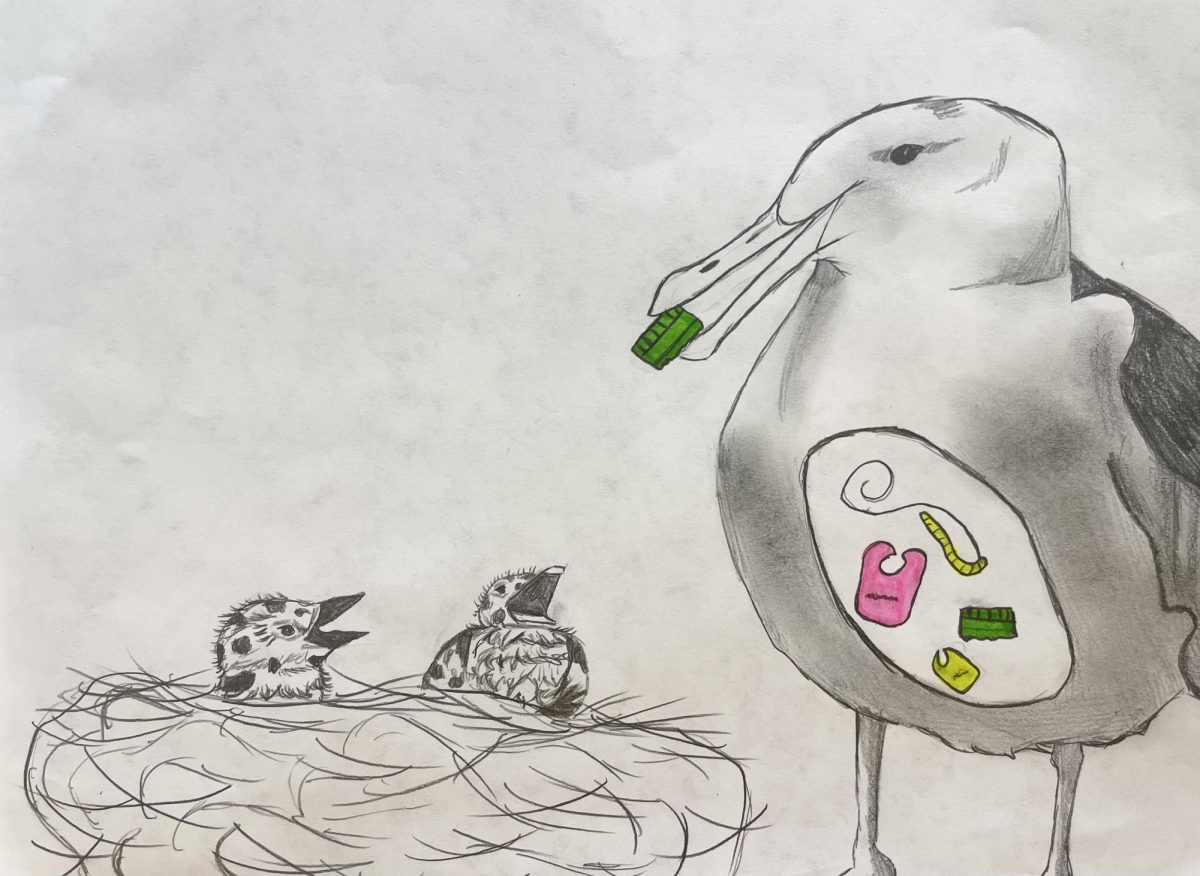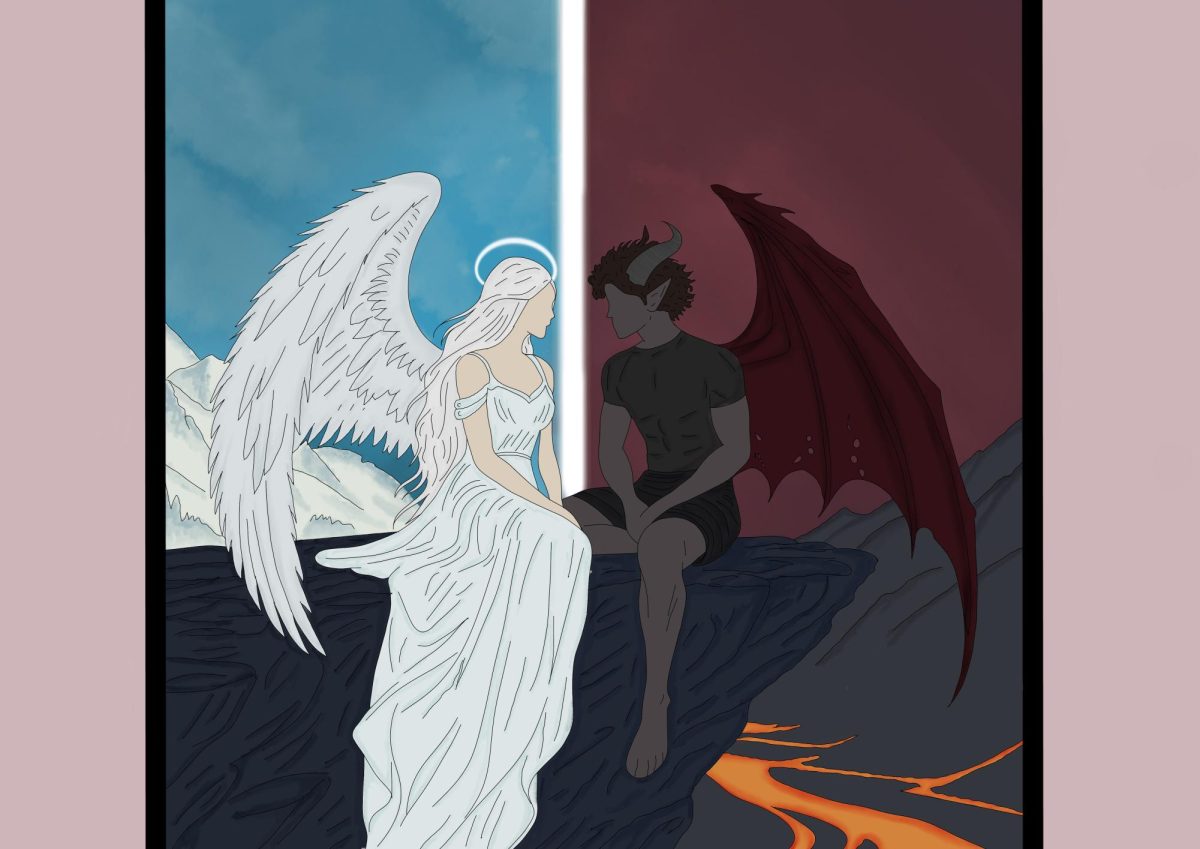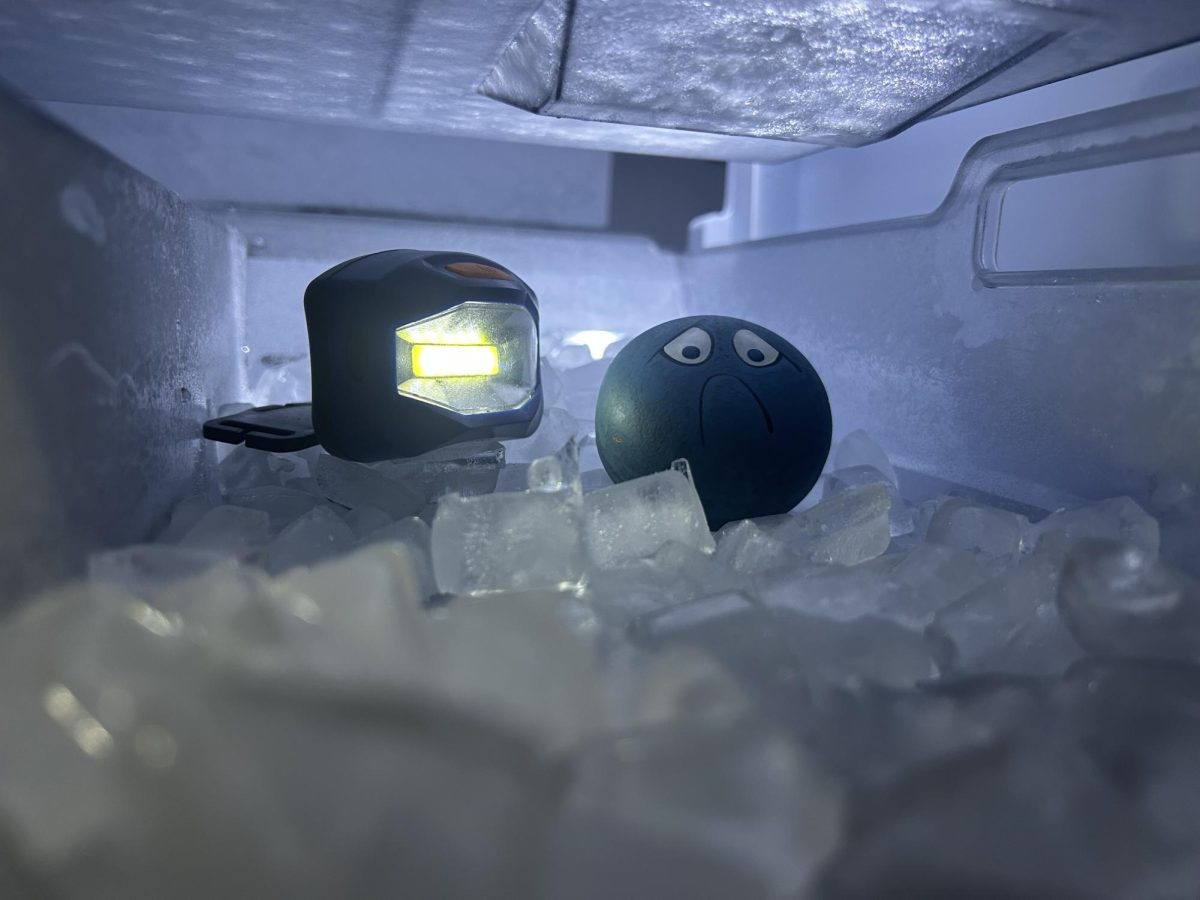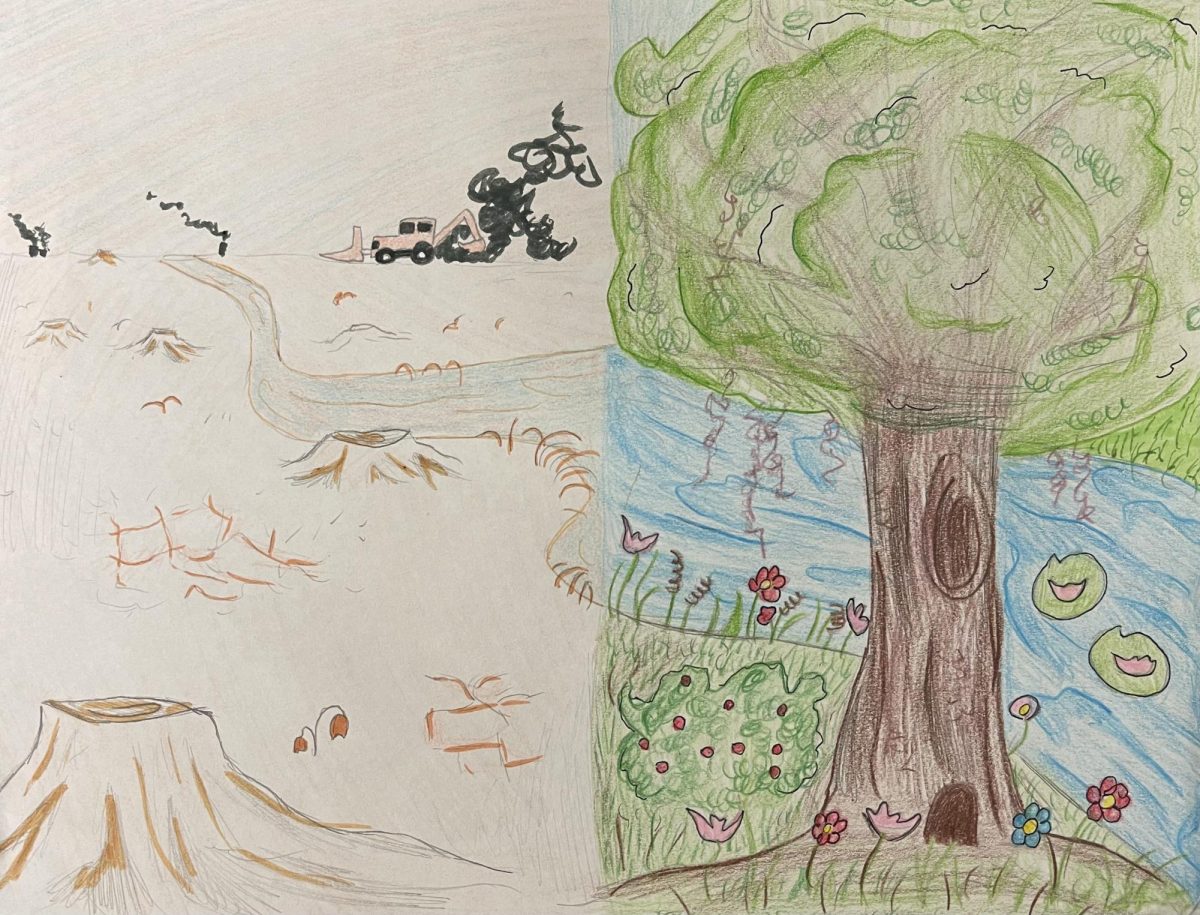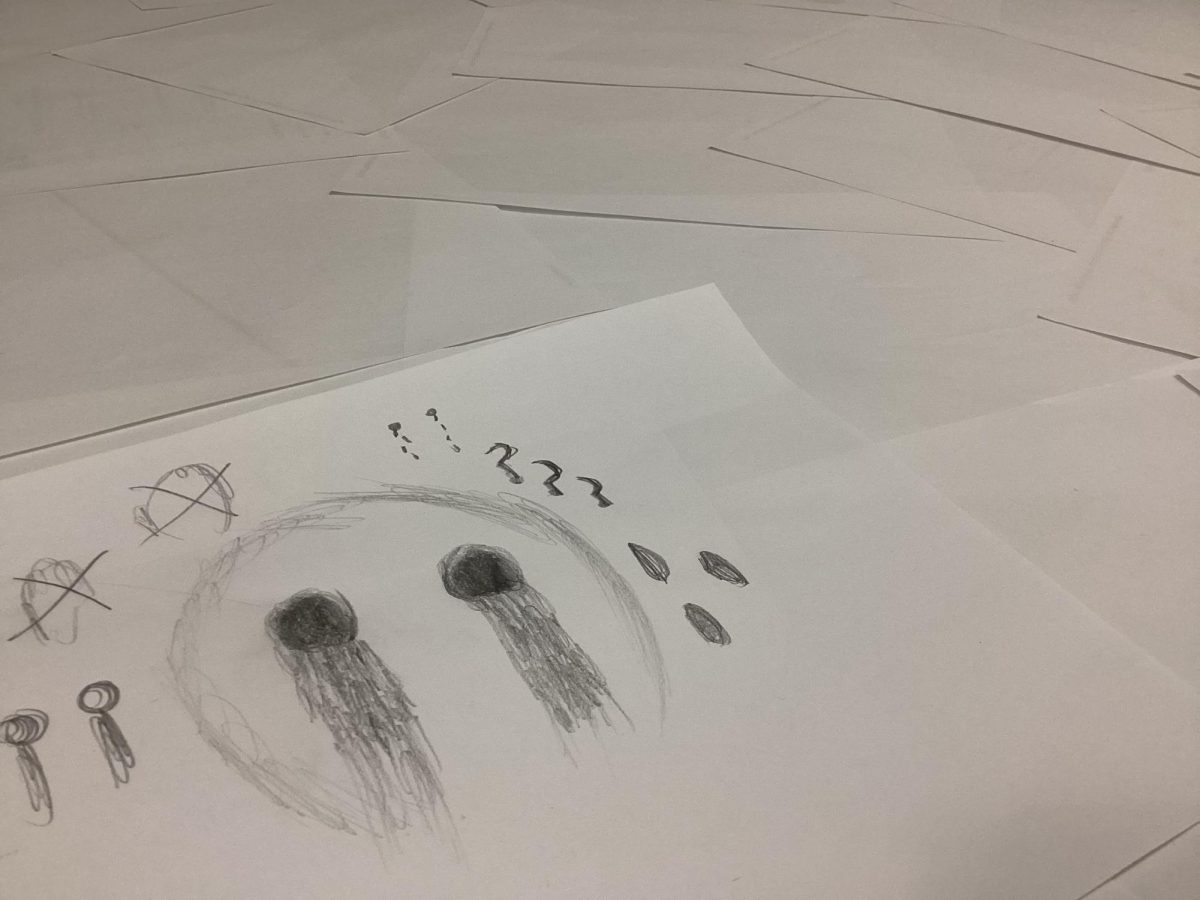Who truly understands death? Is it the person who dies, or is it death’s audience? It seems like such a mystery on both sides––really, only the people that death has touched know how it really feels to lose everything, but it’s a feeling that can never be expressed. It seems to odd, then, that some people have an overwhelming impulse to experience it, despite knowing that it cannot, and will not, be undoed.
Perhaps they believe that life is so never-ending that it’s hard to think there’s an end goal. Sometimes people just want to relax and escape this world they never had a say to be in. But it’s that type of escape that people frown upon. They call it such a repulsing, negative word––“laziness”––which they use only to downplay the necessity that it stands for.
A lab rat that runs on a continuous wheel will eventually stop to rest before going back on. But the desire for it to stop for longer and longer periods will increase, as the rat seems to find a sort of monotony in the practice––it questions the reason for why it is here. Why should it go on and back off the wheel never-endingly until its eventual perishing, stuck in the small cage of life that it can’t escape from unless it leaves this world entirely?
It makes death sound so blissful, so untouched by the stress and overwork of being what it means to be “human,” that it almost has an aura of peace to it. But it also sounds so frightening––to be deprived of all things, all ideas, all that life has to offer. The philosophy that everything you do, everything you say, and everything you accomplish leads to nothing––it truly is so scary to experience the world as a finite place, only meant to keep you on it temporarily until even permanence gets erased completely.
Many say it’s better to “experience,” and then die, instead of the other way around. And there is some validity in that idea, because there is no death to experience. Death is the complete destruction of consciousness. To die is to forget that you once lived. It is to experience the unknowingness again, to be free as you were a zygote in a mother, with all the pieces of life’s puzzle being blurred together and made confusing.
Living is accepting the fact that, one day, when you inevitably close your eyes for the last time, life becomes a permanent black frame devoid of the one thing you thought could never go away. Although the good times you used to have have faded along with time, they can still connect to your present-day self by way of memories––but no such memories are left upon death. Memories are neither remembered nor created, and, in a distressfully pleasant sort of way, it may be better to permanently forget the stains that are placed on society.
In that sense, it truly conveys how unimportant many people are in the overarching scope that is this Earth and its billions of people. Imagine a grandfather, somewhere in the world, living a long and peaceful life with his family until he inevitably passes. Time continues to tick by––first his wife dies, then his brothers and sisters, then his friends, then his children. By then, it is only his grandchildren who remember even a sliver of who he was. But with the passage of time, after multiple generations, the last person to ever know that he existed takes in his last breath.
Eventually, there will be no records of the grandfather, no memories, no pictures, no trace of such an existence. The footsteps that have been implanted by him on life’s snow have now been erased completely by death’s winter. Did he ever really exist, then? No one ever mentions the true death––death does not come from passing away. It comes from being forgotten.
Society candidly focuses their utmost attention on things which will be erased from this planet the second they take their final breath. Once one dies, those moments are deleted from the world permanently. Given that knowledge, what purpose does society have to serve? They left the world unaltered, and now they have to accept the fact that everything they did was simply a waste of their time. Life is just another “incident” to them, and so is life just a distraction towards death?
Most people believe death to be ugly and horrid. Others willingly leave this world because they, in contrast, believe pain is nonexistent in death. Death is permanently beautiful, as its beauty lies within its permanence––the fact that it is forever free from the bad things in life is what draws the depressed to it. They see it as an easy way to switch sides, to let go of the suffering that life places upon them.
To continue living past the boundaries of aging is to pass on the torch that you once lit when you were still alive. To be the author of a children’s book that would be read to the youth for generations. To be the founder of a company that would become the greatest seller of goods in the world. To be the celebrity that everyone cheers for, even when the music you once wrote won’t ever see the light of day again. Every person is a rock that is thrown into a pond, and the people who have more of an influence on the world are the ones who create the most ripples. But life seems to have no sense of importance if we’re just here to live it and die lacking any ripples. That’s why, through the dreaded taste of death, living forever is what gives our lives the greatest purpose.
Even when we get too used to such a taste.
Categories:
A Taste of Death
0
More to Discover
About the Contributor

Jayden Matos, Staff Writer
Jayden Matos is a sophomore. He is a part of the cross country team and loves to write literature, such as books and poems. He likes to spend time with friends and family in his free time.

